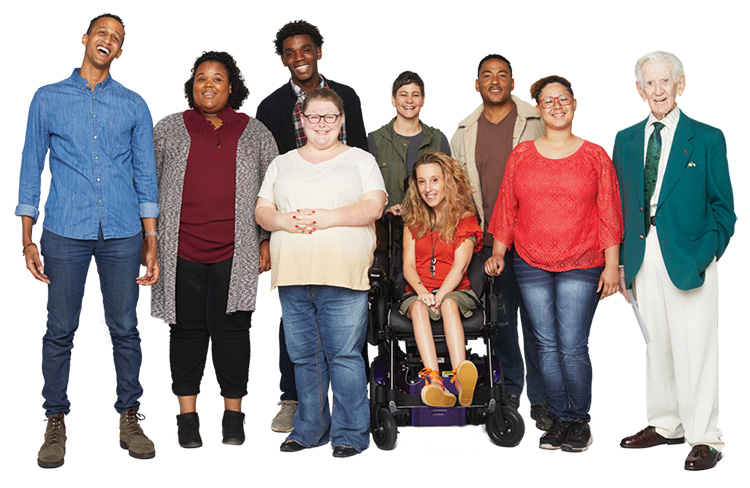The All of Us Research Program seeks to collect genetic and health data on more than 1 million Americans, creating a foundational dataset for future research. Volunteer participants receive personalized reports as well, including health-related DNA results describing disease risk.
When it opened in 2018, the All of Us Research Program, funded by the National Institutes of Health, marked an unprecedented effort to gather genetic, biological, environmental, health and lifestyle data from at least 1 million volunteer participants.
Universities and institutions from around the country are involved, including the California Precision Medicine Consortium co-led by UC San Diego Health and UCI Health, which has enrolled more than 47,000 people.
Unlike research studies that focus on a specific disease or population, All of Us is intended to serve as a national research resource to inform thousands of future studies on myriad health conditions by providing researchers with a broad and deep trove of relevant data.
But the program also promised participants that they would benefit too by receiving personalized health-related DNA results. This week, more than 155,000 participants received reports detailing whether they have an increased risk of specific health conditions and how their body might process certain medications.
“Knowledge is powerful. By returning health-related DNA information to participants, we are changing the research paradigm, turning it into a two-way street — fueling both scientific and personal discovery that could help individuals navigate their own health,” said Josh Denny, MD, MS, chief executive officer of the All of Us Research Program. “This type of partnership with our participants is crucial for building trust and fulfilling the commitment we made to drive research that can offer meaningful insights for all.”
Approximately 80% of current All of Us participants represent communities that have been historically underrepresented in medical research; nearly 50% of All of Us participants identify with a racial or ethnic minority group. The program began returning genetic ancestry and trait results to participants in December 2020. So far, it has offered genetic ancestry and traits results to more than 175,000 participants and continues to return approximately 6,000 results each month.
— Scott LaFee
